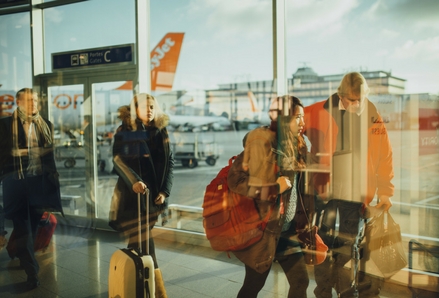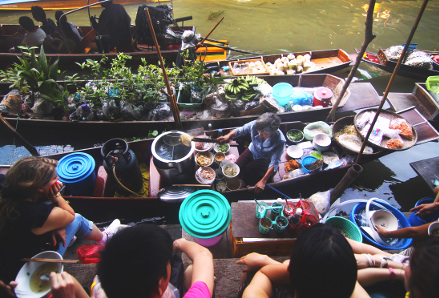This article is part of our regular travel and global health news round-up. Let’s face it: With all the excitement that goes into planning a trip, we sometimes neglect our mental health. And when we’re away from home, jetlagged, and sleep deprived – small obstacles can suddenly feel overwhelming. Before you go, it’s important to consider your mental wellbeing and be prepared – whether you have a pre-existing mental health condition or not. Just like physical health, taking care of your mental health is an important part of staying healthy. In honour of Mental Health Awareness month, this news round-up explores various topics related to mental health and travel, including the global inequity of accessible mental health care and ...









